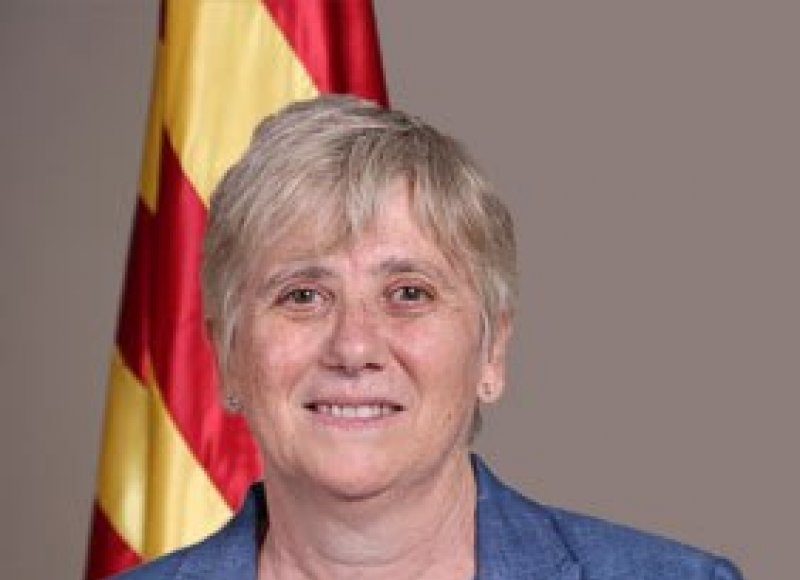Catalonian extradition request moot in Scotland; target in Belgium
“No rational argument has been presented by Spain which justifies the criminalization of its citizens, who wish to peacefully argue for a different form of government or simply the right to self-determination, recognized in terms of the charter of the United Nations.

Scottish courts have “no jurisdiction” on the extradition to Spain of Clara Ponsati, a member of the European Parliament, to face a charge regarding involvement in the unsanctioned 2017 Catalonia independence referendum, a judge has ruled.
Sheriff Nigel Ross agreed that the potential extradition of the former University of St Andrews academic is a “matter for the Spanish authorities,” as the lawmaker has indicated she will not move back to Scotland from Belgium.
As he dismissed the case at Edinburgh Sheriff Court, Ross said:
“Extradition in this case is impractical.
“The court has, in effect, no jurisdiction in this matter.” He added: “You can’t extradite someone who is not here.”
The discharge was not opposed by the crown’s lawyers, although they criticized a “clear breach of the position of trust that [Ponsati] was in” due to an alleged failure to tell the court she was resigning her post at St Andrews and moving to Belgium.
They added that, because of Ponsati’s indication she would not be returning to Scotland, the decision of the court to dismiss the case was a “foregone conclusion.”
Ponsati, who did not attend Thursday’s hearing, faces a charge of sedition in Spain for her alleged role in Catalonia’s unsanctioned independence referendum in 2017.
She became a European lawmaker after five seats in the European Parliament were given to Spain when Britain left the EU in 2020. This afforded Ponsati, former Catalan president Carles Puigdemont and former Catalan health minister Toni Comin, who also became European lawmakers, protection as members of the EU assembly.
However, in March, members of the European Parliament voted to lift that immunity.
Ponsati could be sentenced to 15 years behind bars if convicted, with nine other Catalan officials given jail sentences of between nine and 13 years for the same offence in autumn 2019.
In a statement after the latest hearing in Edinburgh, Ponsati’s solicitor, Aamer Anwar, said the lawmaker had her passport returned in November 2019.
She took up her parliamentary role in Brussels on February 1, 2020, and now lives and works in the city.
Anwar said: “This morning we appeared at court on Clara’s behalf, the court had already anticipated that Clara Ponsati was no longer in Scotland’s jurisdiction and it was agreed that she should be discharged as a requested person and these court proceedings for her extradition have finally been brought to an end.
“No rational argument has been presented by Spain which justifies the criminalization of its citizens, who wish to peacefully argue for a different form of government or simply the right to self-determination, recognized in terms of the charter of the United Nations.
“In conclusion, Clara wishes to thank the many people in Scotland, as well as those across Europe, who have given her so much love, support and solidarity through difficult times and hopes that one day she can return from political exile to her beloved Catalonia.”
Anwar said a full case on Ponsati’s extradition to Spain remains to be heard at the European Court of Justice.


